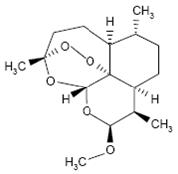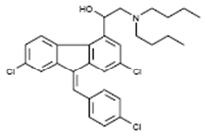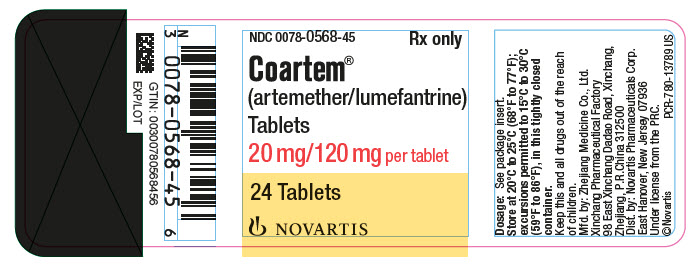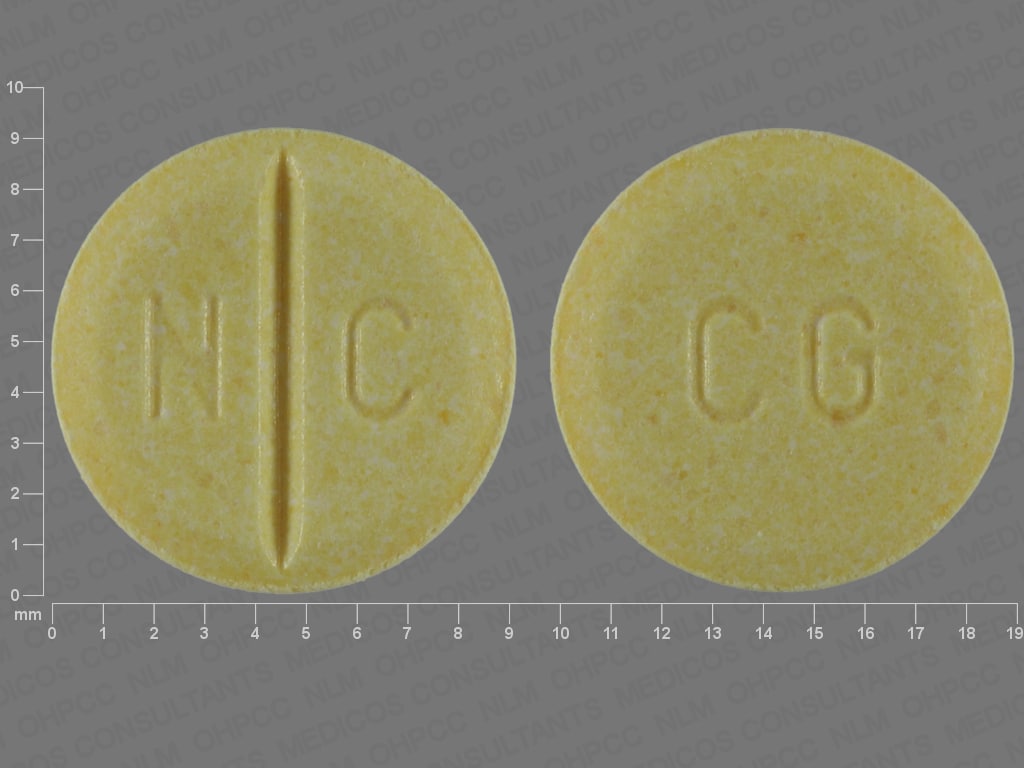Coartem
Generic name: artemether and lumefantrine
Drug class: Antimalarial combinations
Medically reviewed by A Ras MD.
What is Coartem?
Coartem is a prescription medicine that is used to treat malaria.
Before taking Coartem, tell your doctor:
- If you are allergic to Coartem; any part of this medicine; or any other drugs, foods, or substances. Tell your doctor about the allergy and what signs you had.
- If you have any of these health problems: Low potassium or magnesium levels.
- If you have ever had a long QT on ECG or other heartbeat that is not normal.
- If a family member has a long QT on ECG or has ever died all of a sudden.
- If you have heart problems.
- If you have had a recent heart attack.
- If you are taking any of these drugs: Amitriptyline, carbamazepine, clomipramine, flecainide, imipramine, phenytoin, rifampin, or St. John’s wort.
- If you are taking any drugs that can cause a certain type of heartbeat that is not normal (prolonged QT interval). There are many drugs that can do this. Ask your doctor or pharmacist if you are not sure.
- If you are taking or have taken halofantrine within a month of Coartem.
This is not a list of all drugs or health problems that interact with this medicine.
Tell your doctor and pharmacist about all of your drugs (prescription or OTC, natural products, vitamins) and health problems. You must check to make sure that it is safe for you to take Coartem with all of your drugs and health problems. Do not start, stop, or change the dose of any drug without checking with your doctor.
Description
Coartem Tablets contain a fixed combination of 2 antimalarial active ingredients, artemether, an artemisinin derivative, and lumefantrine. Both components are blood schizontocides. The chemical name of artemether is (3R,5aS,6R,8aS,9R,10S,12R,12aR)-10-methoxy-3,6,9-trimethyldecahydro-3,12-epoxypyrano[4,3-j]-1,2-benzodioxepine. Artemether is a white, crystalline powder that is freely soluble in acetone, soluble in methanol and ethanol, and practically insoluble in water. It has the empirical formula C16H26O5 with a molecular weight of 298.4 g/mol, and the following structural formula:

The chemical name of lumefantrine is (1RS)-2-(dibutylamino)-1-{(9Z)-2,7-dichloro-9-[(4-chlorophenyl)methylene]-9H-fluorene-4-yl}ethanol. Lumefantrine is a yellow, crystalline powder that is freely soluble in N,N-dimethylformamide, chloroform, and ethyl acetate; soluble in dichloromethane; slightly soluble in ethanol and methanol; and insoluble in water. It has the empirical formula C30H32Cl3NO with a molecular weight of 528.9 g/mol, and the following structural formula:

Coartem Tablets are for oral administration. Each Coartem Tablet contains 20 mg of artemether and 120 mg lumefantrine. The inactive ingredients are colloidal silicon dioxide, croscarmellose sodium, hypromellose, magnesium stearate, microcrystalline cellulose, and polysorbate 80.
What are some things I need to know or do while I take Coartem?
- Tell all of your health care providers that you take Coartem. This includes your doctors, nurses, pharmacists, and dentists.
- Avoid driving and doing other tasks or actions that call for you to be alert until you see how Coartem affects you.
- To lower the chance of feeling dizzy or passing out, rise slowly if you have been sitting or lying down. Be careful going up and down stairs.
- You may need to have an ECG checked before starting Coartem and while taking it. Talk with your doctor.
- Avoid grapefruit and grapefruit juice.
- Birth control pills and other hormone-based birth control may not work as well to prevent pregnancy. Use some other kind of birth control also like a condom when taking Coartem.
- Tell your doctor if you are pregnant or plan on getting pregnant. You will need to talk about the benefits and risks of using Coartem while you are pregnant.
- This medicine has been shown to cause birth defects in animals. Talk with the doctor.
- Tell your doctor if you are breast-feeding. You will need to talk about any risks to your baby.
How is Coartem best taken?
Use Coartem as ordered by your doctor. Read all information given to you. Follow all instructions closely.
- Keep taking Coartem as you have been told by your doctor or other health care provider, even if you feel well.
- Take Coartem with food.
- You may crush tablet and mix with 1 or 2 teaspoons (5 or 10 mL) of water.
- Rinse cup with more water and drink.
- If mixed, swallow the mixed drug right away. Do not store for use at a later time.
- If you throw up within 1 hour of taking Coartem, take 1 more dose.
- If you throw up again after taking the second dose, call your doctor.
- If you are not able to eat food when you take Coartem, talk with your doctor.
What do I do if I miss a dose?
- Take a missed dose as soon as you think about it.
- If it is close to the time for your next dose, skip the missed dose and go back to your normal time.
- Do not take 2 doses at the same time or extra doses.
What are the side effects of Coartem that I need to call my doctor about immediately?
WARNING/CAUTION: Even though it may be rare, some people may have very bad and sometimes deadly side effects when taking a drug. Tell your doctor or get medical help right away if you have any of the following signs or symptoms that may be related to a very bad side effect:
- Signs of an allergic reaction, like rash; hives; itching; red, swollen, blistered, or peeling skin with or without fever; wheezing; tightness in the chest or throat; trouble breathing, swallowing, or talking; unusual hoarseness; or swelling of the mouth, face, lips, tongue, or throat.
- Very bad dizziness.
- Feeling very tired or weak.
- A type of abnormal heartbeat (prolonged QT interval) can happen with Coartem. Call your doctor right away if you have a fast heartbeat, a heartbeat that does not feel normal, or if you pass out.
What are some other side effects of Coartem?
All drugs may cause side effects. However, many people have no side effects or only have minor side effects. Call your doctor or get medical help if any of these side effects or any other side effects bother you or do not go away:
- Headache.
- Dizziness.
- Fever or chills.
- Upset stomach or throwing up.
- Belly pain.
- Not hungry.
- Feeling tired or weak.
- Muscle or joint pain.
- Not able to sleep.
- Cough.
- Diarrhea.
These are not all of the side effects that may occur. If you have questions about side effects, call your doctor. Call your doctor for medical advice about side effects.
You may report side effects to the FDA at 1-800-332-1088. You may also report side effects at https://www.fda.gov/medwatch.
If overdose is suspected:
If you think there has been an overdose, call your poison control center or get medical care right away. Be ready to tell or show what was taken, how much, and when it happened.
How do I store and/or throw out Coartem?
- Store at room temperature.
- Store in a dry place. Do not store in a bathroom.
- Keep all drugs in a safe place. Keep all drugs out of the reach of children and pets.
- Throw away unused or expired drugs. Do not flush down a toilet or pour down a drain unless you are told to do so. Check with your pharmacist if you have questions about the best way to throw out drugs. There may be drug take-back programs in your area.
Label
PRINCIPAL DISPLAY PANEL
- NDC 0078-0568-45 Rx only
- Coartem®
(artemether/lumefantrine)
Tablets - 20 mg/120 mg per tablet
- 24 Tablets
- NOVARTIS


SRC: NLM .
